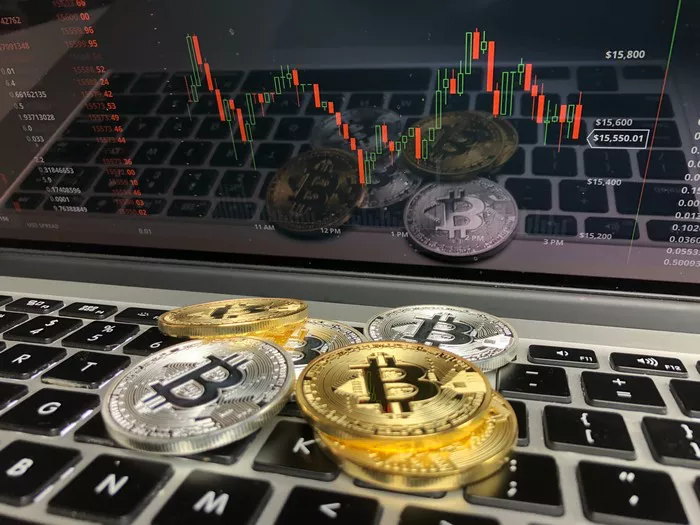In the rapidly evolving landscape of cryptocurrency markets, various financial instruments have emerged to meet the diverse needs of traders and investors. One such instrument that has gained significant traction is crypto futures trading. In this article, we will delve into the concept of crypto futures, how they work, their benefits, associated risks, available trading platforms, strategies, regulatory aspects, market analysis, and comparison with other financial instruments.
Definition of Crypto Futures
Crypto futures are a type of financial derivative that enables traders to speculate on the future price movements of cryptocurrencies. At its core, a futures contract is a legally binding agreement between two parties to buy or sell a specified asset (in this case, a cryptocurrency) at a predetermined price on a future date. Unlike spot trading, where assets are bought and sold for immediate delivery, futures contracts allow traders to lock in prices for future transactions.
How Crypto Futures Work
The process of trading crypto futures involves several key components. Firstly, traders enter into a futures contract on a designated futures exchange, specifying the cryptocurrency, quantity, price, and expiration date. These contracts are standardized and traded on regulated exchanges, providing transparency and liquidity to market participants.
Smart contracts, which are self-executing contracts with the terms of the agreement directly written into code, play a crucial role in facilitating crypto futures trading. They ensure that the terms of the futures contract are automatically enforced upon expiration, eliminating the need for intermediaries and enhancing efficiency.
Benefits of Trading Crypto Futures
Trading crypto futures offers several advantages for market participants. One of the primary benefits is the ability to hedge against market volatility. By entering into futures contracts, traders can mitigate the risk of adverse price movements by locking in prices for future transactions.
Additionally, crypto futures enable traders to speculate on price movements without having to own the underlying asset. This allows for greater flexibility and potential profit opportunities, especially in volatile markets.
Furthermore, futures trading provides exposure to cryptocurrencies without the need to hold the actual asset, making it a convenient option for investors seeking diversified portfolios.
Risks and Considerations
Despite the potential benefits, crypto futures trading also comes with inherent risks. Market volatility, a characteristic feature of cryptocurrency markets, can lead to substantial losses if price movements are not accurately predicted.
Moreover, traders must be aware of the obligation to buy or sell the underlying asset at the contract’s expiration, regardless of the prevailing market price. This can result in unexpected losses if the market moves against the trader’s position.
Platforms for Crypto Futures Trading
Several platforms cater to the growing demand for crypto futures trading, each offering unique features and functionalities. Factors to consider when choosing a platform include liquidity, user interface, order execution speed, and support for fiat currencies.
Some popular platforms for trading crypto futures include Binance Futures, BitMEX, Bybit, and OKEx Futures. These platforms offer a range of trading pairs, leverage options, and advanced trading tools to suit the needs of both novice and experienced traders.
Strategies for Crypto Futures Trading
Effective trading strategies are essential for success in crypto futures trading. One common strategy is trend following, where traders analyze price trends and enter positions in the direction of the prevailing trend.
Another approach is mean reversion, which involves identifying overbought or oversold conditions and taking contrarian positions accordingly. Risk management is crucial in futures trading, with techniques such as stop-loss orders and position sizing helping to minimize losses.
Regulatory Aspects
The regulatory environment surrounding crypto futures trading varies across jurisdictions. While some countries have embraced cryptocurrencies and established clear regulatory frameworks for futures trading, others have taken a more cautious approach or imposed outright bans.
Traders should familiarize themselves with the regulatory requirements in their jurisdiction and ensure compliance with relevant laws and regulations.
Market Analysis and Sentiment
Crypto futures markets can provide valuable insights into market sentiment and future price expectations of cryptocurrencies. By analyzing factors such as open interest, volume, and funding rates, traders can gauge market dynamics and make informed trading decisions.
Additionally, sentiment analysis tools and market sentiment indicators can help identify emerging trends and sentiment shifts, providing an edge in futures trading.
Comparison with Other Financial Instruments
Crypto futures trading differs from other derivatives such as options and spot trading in several ways. Unlike options, which give traders the right but not the obligation to buy or sell an asset at a predetermined price, futures contracts impose an obligation to fulfill the terms of the contract upon expiration.
Spot trading involves the immediate exchange of assets for cash or other assets, whereas futures trading allows for the locking in of prices for future transactions, providing a hedge against price fluctuations.
Conclusion
In conclusion, crypto futures trading offers a range of opportunities for traders and investors to participate in the dynamic cryptocurrency markets. By understanding the fundamentals of futures trading, assessing the associated risks and benefits, and employing effective trading strategies, market participants can navigate this evolving landscape with confidence and potential for profit.


